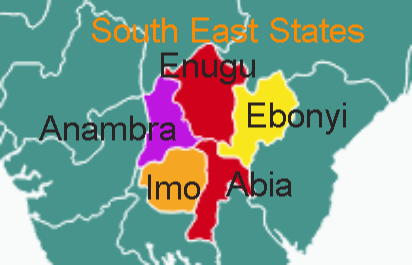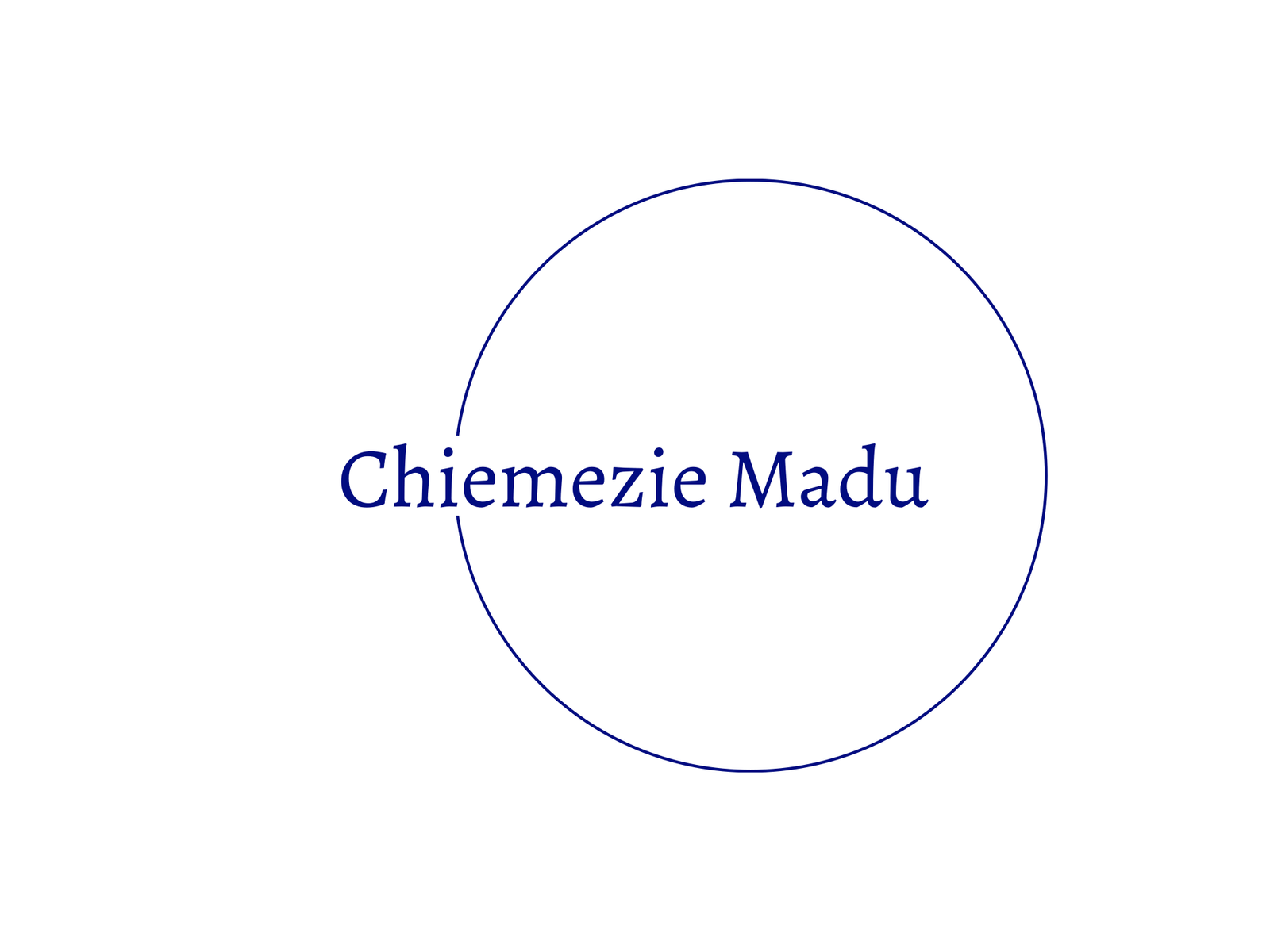Undoubtedly the most politically disadvantaged group in Nigeria is the south-east geopolitical zone, home to the Igbos. The question is what does it mean to be politically disadvantaged and why is the south-east the most politically disadvantaged group?

Being politically disadvantaged simply means the inability to compete for political positions with other groups in a manner that is fair and equitable. The south-east zone finds itself in a precarious situation, not necessarily of its making, where it has to participate under unfair and inequitable circumstances for political positions. These factors contributing to this are explored below.
The most important contributory factor to the political imbalance across the geopolitical zones in Nigeria can be traced back to cultural and religious roots. A popular idiom says politics is a game of numbers. The south-east zone just does not have the numbers to compete politically in the country in a manner that is fair, and they have been put in this disadvantaged position by religious and cultural reasons.
Islam and the northern culture permit polygamy. Islam instructs that a man can have as many wives and children as he chooses as long as he can take care of them. Hon. Alhassan Doguwa, the majority leader of the house of representatives once attended a house session with his 4 wives and boasted of his 32 children at home, some of whom he didn’t know their names. He was proud of himself.
Down south, especially in the south-east where Christianity is the dominant religion, monogamy is the rule. It is no surprise then that while Abia state muscled 219 000 votes for PDP’s candidate in the 2019 presidential elections (Atiku Abubakar), Kano (Hon. Doguwa’s state, with his 4 wives and 32 children) raked in a whooping 1.4 million votes for the APC’s candidate (Buhari).

Socially and culturally, the southerners especially the south-easterners are more likely to keep smaller families than their northern counterparts, mostly for economic reasons. The average family size in the south-east has progressively shrunken from about 6 children in the 1990s to somewhere between 3 and 4 children currently. So while the quality of life is much better down south compared to the north, their voting power is greatly diminished. One only has to look at the Almajiri crisis to get the point.

Trust (or lack of it) is another important factor for the south-east’s politically disadvantaged position. Since other regions (especially the northern regions) still bear a grudge about the civil war (1967-1970), they remain very reluctant to entrust a south-easterner with sensitive positions such as the presidency. The effect of this lack of trust is amplified in the presence of a weak voting power.
Finally, the south-east’s approach to politics is also very important. An average northerner will almost certainly vote for any candidate he/she has been instructed to vote for by a political ‘godfather’. This is often not the case in the south-east zone where cult or blind followership is rarely obtainable. The Igbos are inherently stubborn and prefer to be mentally independent in their decision making (generally speaking). Hence the reason you see the Igbos being the first the revolt or speak up against their kit and kin. A good example is the case of the Obasanjo era and the 5 south-eastern senate presidents.
It is important to bear these factors in mind as we approach 2023. The south-east region and the Igbos in general must recognize and accept their politically disadvantaged position in the run up to the elections. For one has to know where the rain began to beat him so he can know where to dry his body.

